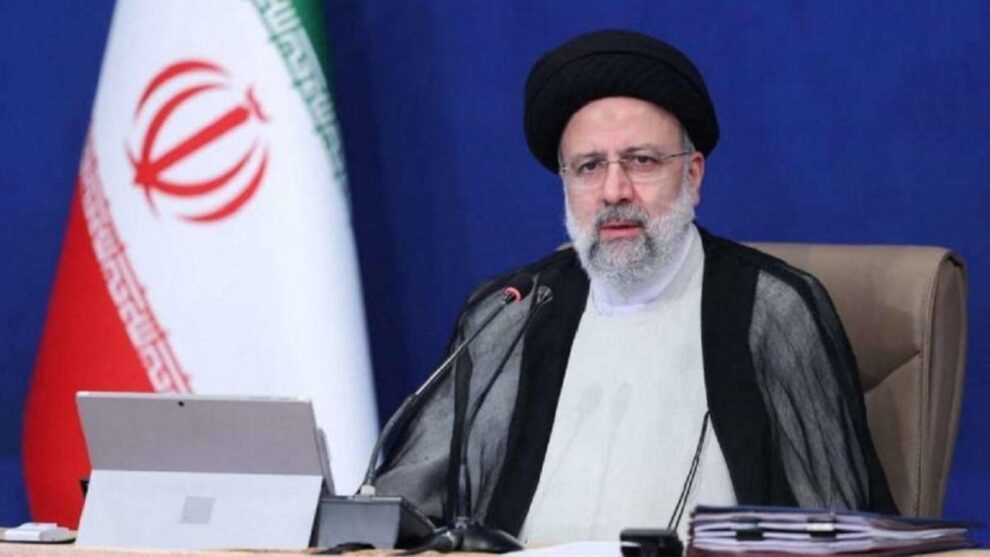Iranian President Ibrahim Raisi on Wednesday launched a tour of three African nations aimed at strengthening Tehran’s political and economic ties with the region in the face of US sanctions and global rivalry.
Raisi travelled to Uganda to meet with his counterpart, Yoweri Museveni, to discuss the possibility of deepening bilateral ties. Their meeting came after he held a meeting with Kenyan President William Ruto, during which they discussed issues of common interest and signed several cooperation agreements. Raisi subsequently visited Zimbabwe on Thursday, where he met with the head of state, Emmerson Mnangagwa, and sought to boost collaboration in the economic, political and cultural fields.
The Iranian president reportedly expressed his willingness to increase cooperation with Kenya and other African nations, as well as to impart technical and scientific expertise to them, according to Al-Arab media. He also criticised the West for exploiting Africa’s natural resources and positioned himself as a sincere friend and a true partner in the continent’s development.
In a climate of reconciliation and communication between Cairo and Tehran that aims to normalise diplomatic ties and promote tourism and cultural exchange between the two countries, Egypt expresses no opposition or resistance to Iran’s presence and expansion on the African continent. This is in line with a broader trend among Arab nations to de-escalate tensions and hostilities with the Islamic Republic.
The conflicts and crises in the Sahel and Sahara region, which pose a threat to the stability and security of neighbouring countries, especially Morocco, which has historical and territorial differences with Algeria, have made Algeria emerge as a strategic ally of Tehran to strengthen its position and influence in North Africa.
According to the Arab media, analysts believe that Iran can capitalise on the rivalry and competition of the major powers for control and access to resources and economic markets in Africa, and is seeking to play a complementary and subordinate role supported by the sectarian groups it has fostered and financed in some African countries, and Hezbollah’s network of contacts and influence within the Lebanese diaspora on the continent to establish economic alliances that will pave the way for it to increase its political and social presence and influence in Africa, enabling it at a later stage to create and organise militias, train them, supply them with weapons and turn them into instruments similar to those it has in the Middle East, such as the like-minded militias in Iraq, Hezbollah in Lebanon and the Houthis in Yemen.
Iran’s efforts to strengthen international ties are seen as an effort to ease the pressure and isolation that US economic sanctions have imposed on the country. Along with a trip to several Latin American nations in June, this is one of a series of tours Iran has undertaken to expand its ties and seek political and economic support.
Source: Atalayar











